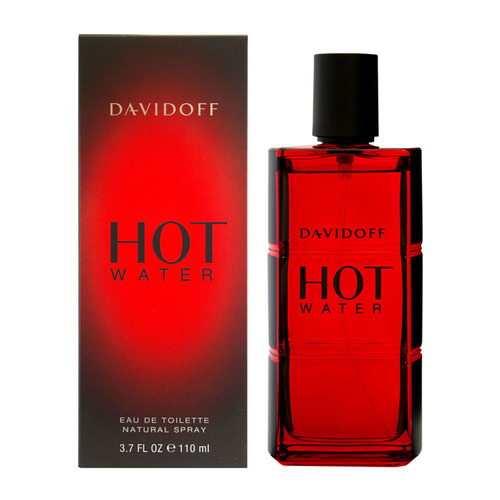Trade mark infringement by online marketplace – Amazon
The case: A group company of Amazon, which operates a warehouse for the online marketplace, had been storing perfumes of the brand ‘Davidoff Hot Water EdT 60 ml’ on behalf of a seller.

The retailer offered the stored perfumes on the online marketplace of Amazon Services European. After an order had been placed, Amazon shipped the perfumes to the respective buyers. Amazon calls this service ‘storage and shipping’. On Amazon Marketplace it reads:

The perfumes stored by the third party were genuine products and had originally been delivered to a customer in Pakistan. However, their distribution in the European Economic Area had not been approved by Swiss Zino Davidoff SA as the trade mark owner. A trade mark owner can determine whether goods bearing the trade mark may be sold in the European Economic Area or not. As a result, although the products were genuine, the sale of the perfumes in the European Union still infringed the ‘Davidoff’ Union trade mark.
Coty Germany, the licensee of the trade mark brought an action against Amazon for trade mark infringement. However, it was found by the Court of Justice of the European Union that there was no trade mark infringement by Amazon, as it had not played an active role in the sales process of the perfume. Moreover, Amazon neither owned the items nor sold them on its own behalf in its warehouse; nor did it have any interest in making its own sales of the items. Amazon had indeed supported the seller, but this was only done to promote its own marketplace, not to sell the perfume itself. A trade mark infringement presupposes that an infringer is using the trade mark ‘for his own commercial communication’, that is, for his own profit-making with the branded products.
The Court has not ruled on whether a marketplace operator may be liable under different rules. For the purposes of such rules, it could be relevant whether the marketplace operator was aware of the trade mark infringement or its circumstances. However, according to the Court’s findings, this was not the case with Amazon. As a neutral marketplace operator, Amazon did not infringe the Davidoff trade mark.
Learnings: If you operate a marketplace, you can offer your customers the opportunity to store their goods without the risk of trade mark infringement. In doing so, you have to remain neutral, Court of Justice of the European Union, 2 April 2020, C-567/18.